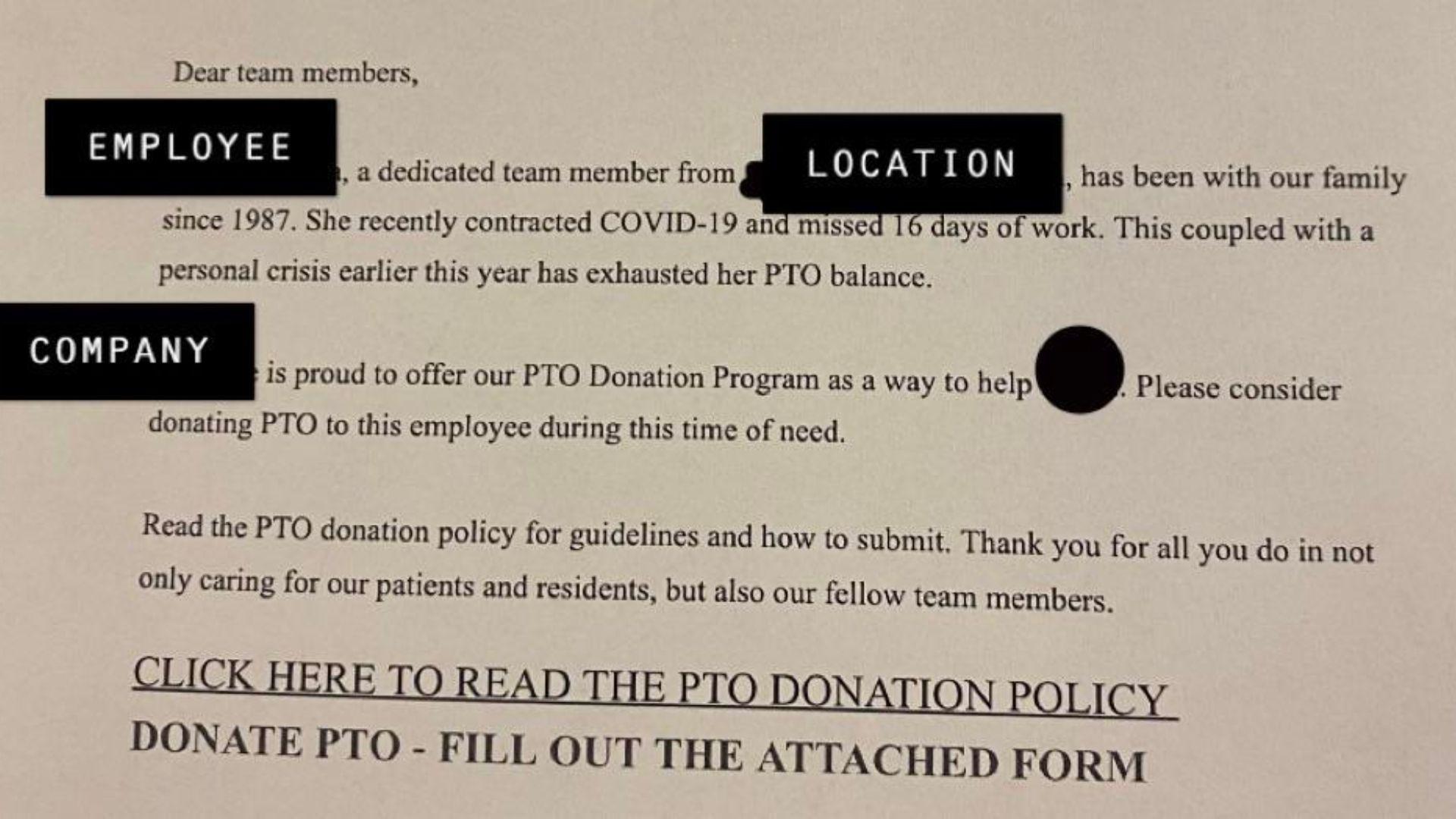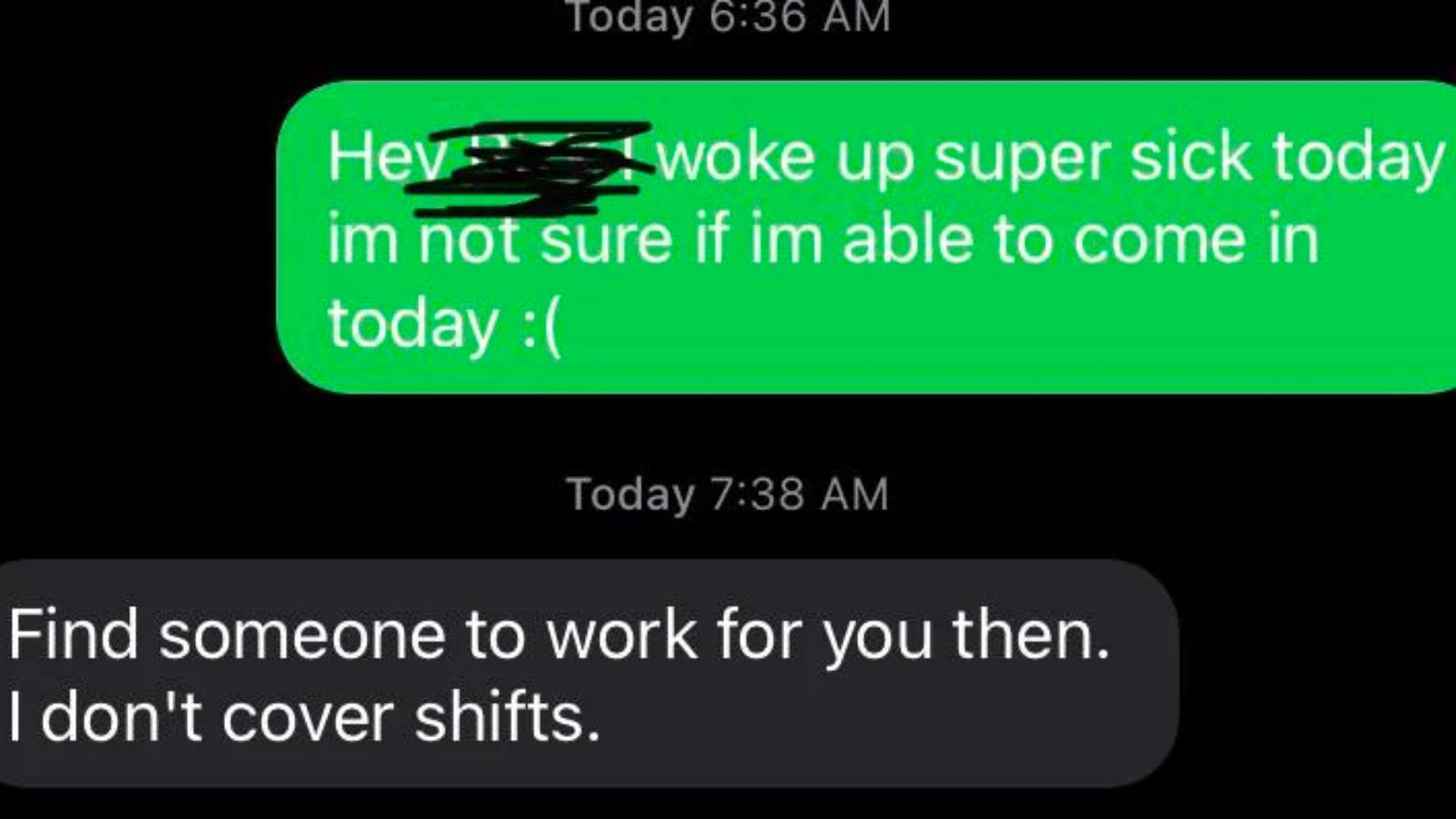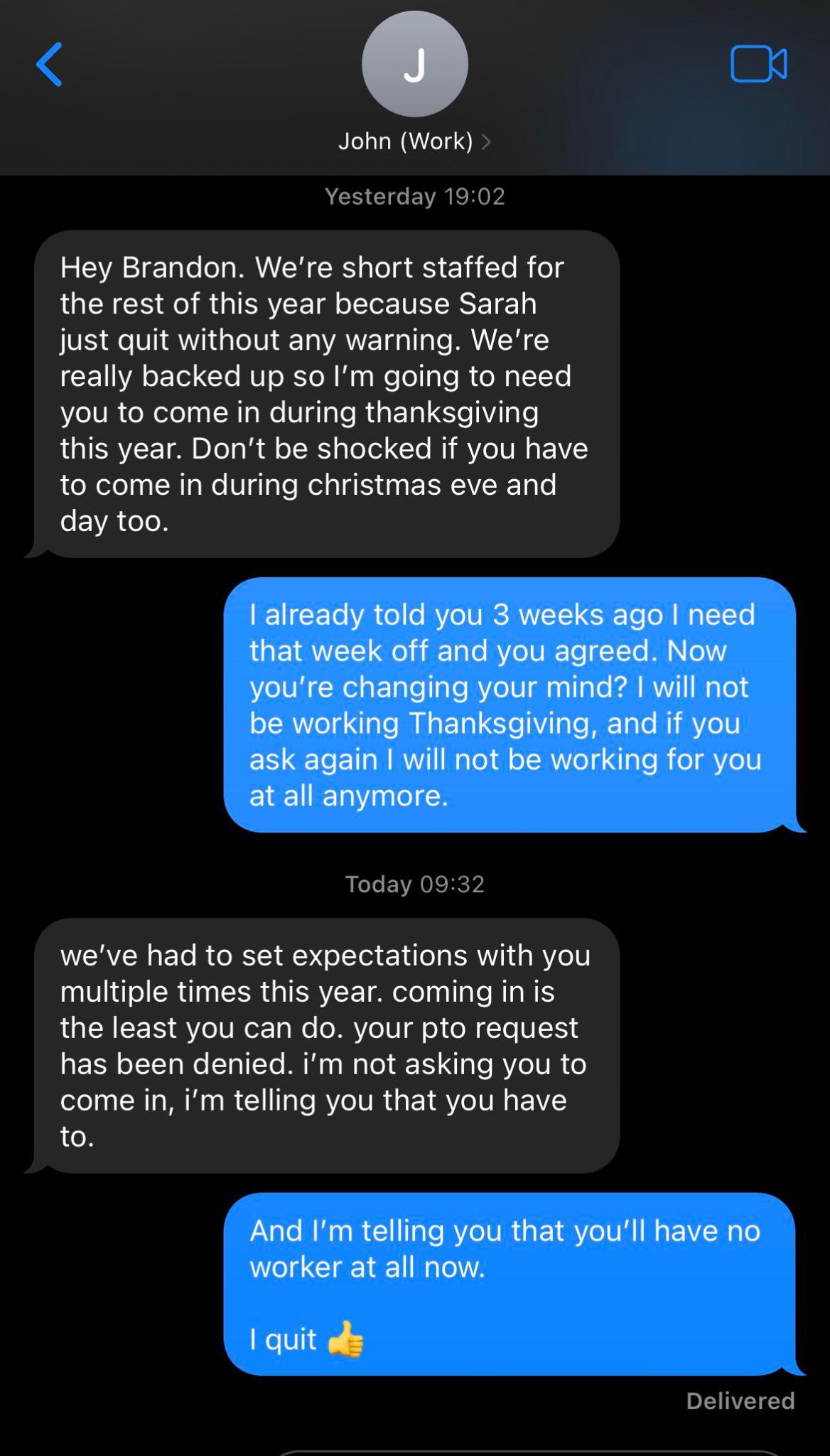Have flexible working options been helpful to employee morale, or harmful? Despite the rise in workplace accommodations and flexibility, team members are casting doubt per LADbible.
Remote and hybrid workplaces became common during the pandemic, supporting normal business operations while minimizing employee risk. Here’s what you need to know about the shift’s long-term implications.
More Benefit for the Employer?

While flexible and hybrid working options seemed to benefit employees initially, many soon found that the employers were benefiting more — profiting well off of office rotation schedules and saving money on rent.
While some could argue that this was a win-win situation for both team members and managers, managers could operate with a mere fraction of the staff — leading to unemployment for some.
The Price of Innovation

Nearly every member of the workforce has an opinion about hybrid and remote work setups. Beyond the question of who it benefits more, there is a secondary, more pressing question:
What does the price of innovation cost, exactly? What have we brought on as a result of normalizing the “new normal?”
Looking for a Sign?

One of the risks associated with this new normal is the risk of managerial overreach. The change in expectation caused a rift between many managers and teams, introducing the concept of flexibility to the workplace.
Don’t want to be caught off guard? Here are a few signs that, according to LADbible, could indicate that your workplace is toxic.
Say Goodbye to Sick Days

Employers who don’t allow or respect employee sick days are an objective red flag. This concept got especially muddy when managers felt “exempt” from allowing sick days due to the work at home model.
While team members could technically work from bed, it might compromise their recovery process to do so — not allowing them to get the rest that they need and deserve to heal and return to work.
A True-To-Life-Example: Has it Happened to You?

Prior to hybrid work, the divide was clear: You’re either in the office, or you’re at home for a physical or mental health day (in most cases).
However, hybrid work has blurred these lines; encouraging managers to adopt unhealthy expectations. Per LADbible, employee Brianna Doe came forward about her experiences. She noted that her manager would tell her that the perk is that you stay home — which is why you still have to work if you’re sick.
Getting Messy (And Fast)

LADbible continued to interview workplace experts in an attempt to define what it is that makes hybrid work so potentially toxic.
Expert Dierdre Orr’s opinion? A lack of clear boundaries. This red flag can be exacerbated if there are no policies in place that protect and regulate employee time that’s off the clock.
More Than a Set of Rules

The policies created cannot be generic, either, says Ms. Orr to LADbible. Rather, they have to be comprehensive, nuanced, and clear — helping employees avoid the feeling that the days can be taken.
Many may feel that there is pre-existing favoritism in the office as well, which can cause additional concerns. This is especially true if one employee can while the other cannot.
A Difference of Opinion?

Does your boss or manager act differently toward you when you’re in or out of the office? This alone could be a sign of a toxic work environment.
LADbible profiled Ms. Doe as she gave her personal experience, noting that ‘everything was fine’ until she would work from home doing the last two days of the work week.
The Differences Don’t Have to Be Striking

Behavioral differences in any way, shape, or form, are generally not permitted to impact the experience of employees — especially when it’s around remote status.
While state laws can vary, it’s important to note that even slight intentional behavioral shifts that are designed to intimidate or impact you as a result of your working at home could be enough to constitute harassment.
You’re Left Out, Often

Exclusion can be a form of intimidation — and unfortunately, many are no strangers to the painful sting of a missed invitation. Certain managers may dis-invite you from events, simply as an attempt to separate you from the team. If yours does this, they’re likely toxic.
It doesn’t have to be exclusion from physical events, either. Group chats and work emails count as well, if it’s intentional.
There Are No Promotions for Hybrid Employees

Promoting from within offers employers a ton of benefits. They might spend less on retraining costs, they know how you operate, and they preserve the micro-culture of your current work team.
A sign of toxic workplaces is a refusal to promote from within, causing strain in team dynamics. This can lead to quitting and resentment later on.








































